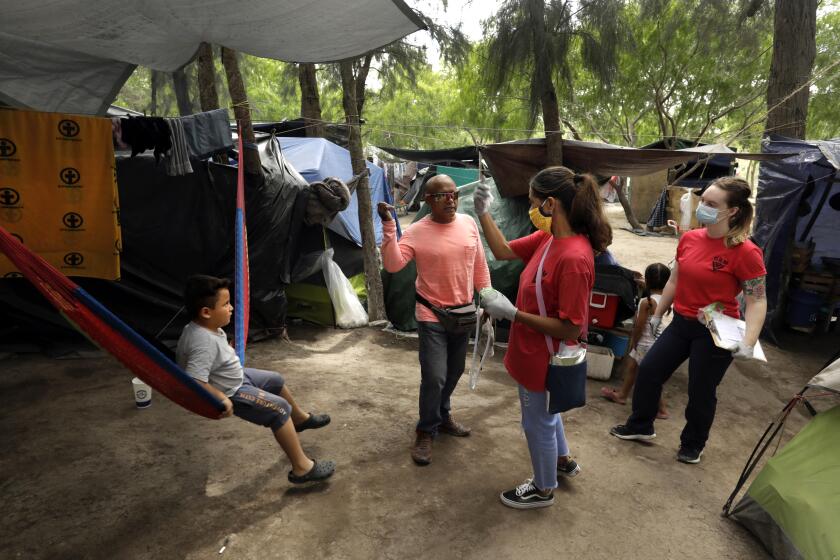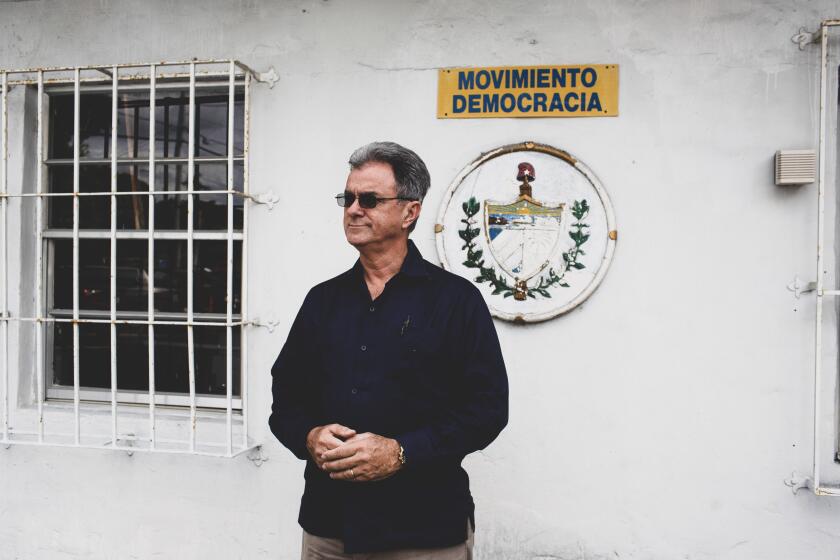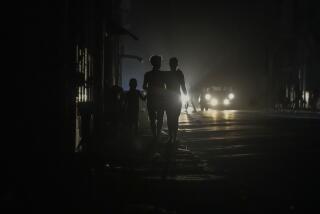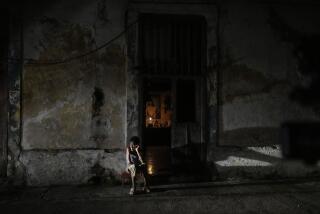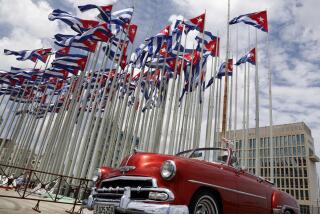Cuba puts Havana on lockdown to stop spread of coronavirus
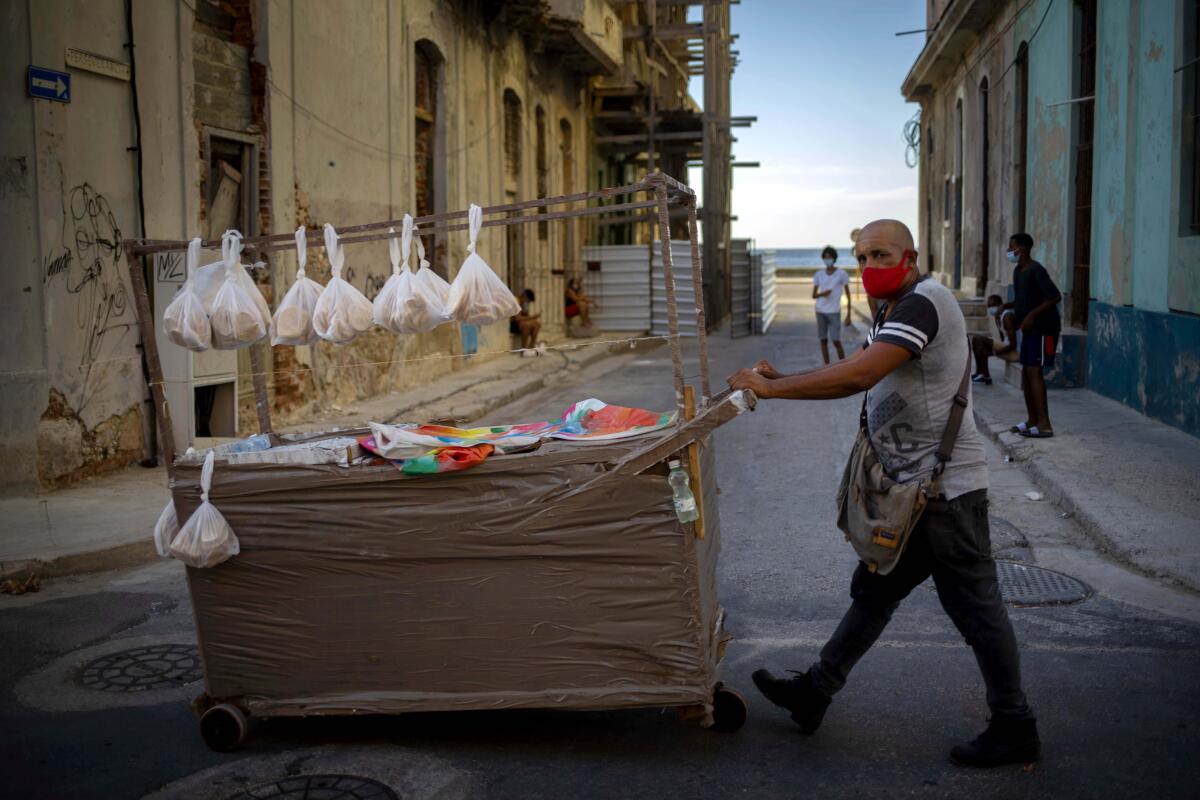
HAVANA — Cuban authorities have ordered a strict 15-day lockdown of Havana in an effort to stamp out the low-level but persistent spread of the coronavirus in the capital.
Aggressive anti-virus measures, including closing down air travel, have virtually eliminated COVID-19 in Cuba with the exception of Havana, where cases have surged from a handful a day to dozens daily over the last month.
A daily curfew from 7 p.m. to 5 a.m. was instituted Tuesday. Most stores are barred from selling to shoppers from outside the immediate neighborhood in order to discourage people from moving around the city.
Some Havana residents complained that the measures were complicating the already difficult task of buying food in a city hit by constant shortages and endless lines for a limited supply of basic goods.
“It’s a good cause, getting rid of all of this [coronavirus], but in the end they aren’t going to get rid of the lines,” said Josuel Suárez, a 26-year-old engineer. “The situation is already difficult, and on top of that these restrictive measures. ... People have to eat.”
Others welcomed the tighter control.
Trained overseas, Cuban doctors treat fellow migrants on the U.S. border, which is effectively closed during the coronavirus outbreak.
“Many people don’t pay attention to medical advice. This is how we’re going to resolve this situation, which isn’t easy,” said Rosa Rojas, an 80-year-old homemaker. ‘’I go out because I need to, but there are people in the street with no reason, drinking rum and hanging out in parks without a face mask.”
Police stationed on every road leaving Havana are supposed to stop anyone who doesn’t have a special travel permit, which is meant to be issued only in extraordinary circumstances. Some provinces that saw no new cases for weeks have begun detecting them in recent days, often linked to travelers from Havana.
The start of in-person classes for students was also indefinitely delayed in Havana, while schools opened normally in the rest of Cuba.
The island of 11 million people has reported slightly more than 4,000 confirmed coronavirus cases, with fewer than 100 deaths, one of the lowest rates in the region.
Cuban exile Ramón Saúl Sánchez’s privileged status among immigrants -- a result of long-standing U.S. opposition to communism -- is threatened, as he finds himself increasingly vulnerable to deportation.
The government made face masks obligatory in the early stages of its pandemic response, and in the first months of the crisis police aggressively fined and even jailed people for violations.
That vigilance slackened somewhat as Havana moved out of the first, strictest phase of lockdown in July, when public transportation restarted and people returned to work. The number of coronavirus cases then began to climb again.
The Cuban government announced last week that for at least 15 days the capital would be placed under the strictest measures to date. They include fines of up to $125 per violation, more than triple the average monthly wage.
“We are going to demand people follow the rules with a lot of rigor so that our country sees the results it deserves,” Dr. Francisco Durán, the country’s head of epidemiology, said.
More to Read
Sign up for Essential California
The most important California stories and recommendations in your inbox every morning.
You may occasionally receive promotional content from the Los Angeles Times.
